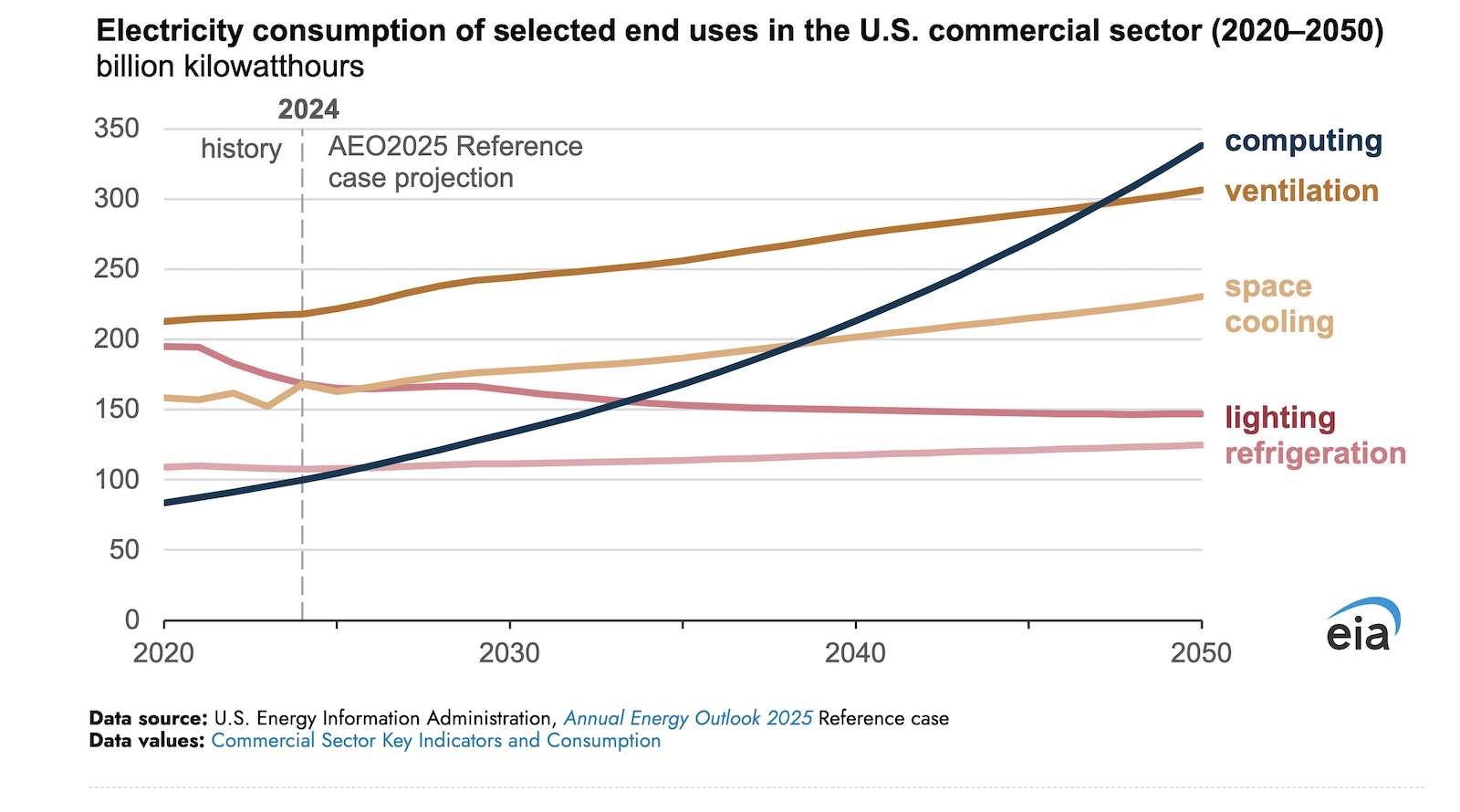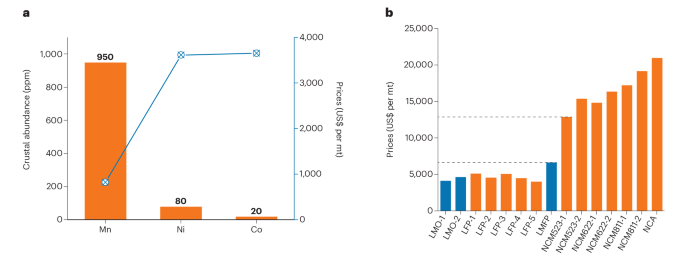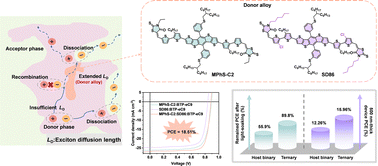Texas Sets the National Stage: How One State’s Food Labeling Revolution Could Transform Your Business
Could a single state law trigger a domino effect that fundamentally changes how America’s largest food manufacturers formulate products, design packaging, and compete for market share? That may be exactly […]


Could a single state law trigger a domino effect that fundamentally changes how America’s largest food manufacturers formulate products, design packaging, and compete for market share? That may be exactly what’s happening, as Texas pioneers the nation’s first comprehensive food additive warning system.
While regulatory changes typically spell cost and complexity, they can also be rewarding for companies that treat compliance as an innovation catalyst. From strategic reformulation timelines to competitive differentiation through clean labeling, the smartest manufacturers can turn the Lone Star State’s requirements into nationwide market advantages.
Texas initiates groundbreaking warning label requirements
Texas Governor Greg Abbott recently signed into law a first-of-its-kind bill requiring warning labels on foods containing 44 specific additives commonly found in baked goods, candy, and drinks. The new mandate will set off a scramble within the food industry, which must decide whether to reformulate its products to avoid warning labels, add the newly mandated language, stop selling certain products in Texas or file lawsuits against the measure.
The Texas law, effective January 2027, requires products containing certain additives to display warnings stating these ingredients are “not recommended for human consumption by the appropriate authority in Australia, Canada, the European Union, or the United Kingdom.” For a state with over 31 million residents representing the second-largest consumer market in the U.S., this puts immense pressure on manufacturers.
The four-path decision framework:
Manufacturing leaders face a critical strategic choice that will define their market position:
- Reformulate products to avoid warning labels entirely.
- Add mandated warning language to existing formulations.
- Stop selling certain products in Texas markets.
- File lawsuits against the measure.
“When a state as big as Texas requires a warning, that will have an impact on the entire marketplace. No question,” said Scott Faber, a senior vice president at the Environmental Working Group, as reported by The Washington Post.
The legislation provides a crucial competitive window. Companies only need to add labels to packaging “developed or copyrighted” on or after Jan. 1, 2027, meaning reformulation efforts can align with natural product refresh cycles rather than forcing emergency packaging changes.
Texas goes further with cultivated meat: In a separate move, Texas Governor Greg Abbott signed into law SB 261 on June 25, 2025, effectively making Texas the nation’s seventh state to prohibit the sale of lab-grown meat, joining Florida, Alabama, Mississippi, Montana, Indiana, and Nebraska. This two-year ban signals continued regulatory resistance to alternative proteins in agriculture-heavy states, though cultivated meat remains largely unavailable commercially regardless.
Industry pushback and economic implications
The Consumer Brands Association, representing major food manufacturers, has strongly opposed the legislation. “The ingredients used in the U.S. food supply are safe and have been rigorously studied following an objective science- and risk-based evaluation process,” the trade group wrote in a June letter to Abbott, urging him to veto the bill.
“The labeling requirements of SB 25 mandate inaccurate warning language, create legal risks for brands and drive consumer confusion and higher costs,” said John Hewitt, the Consumer Brands Association’s senior vice president of state affairs, in a statement to Fortune. “Because there are so many ingredients, and we anticipate this impacting so many different products, I don’t know to the extent that reformulation is that feasible at the outset.”
In addition, several major food manufacturers and distributors submitted a request that Texas legislators remove the warning label section from the bill, indicating the scope of potential impact across the industry.
And that scope is broad. The warning is mandatory for all food and drinks that contain additives like food color, bleached flour, and other ingredients consumers often struggle to spell or pronounce, affecting everything from popular snack foods to beverages.
Specific products mentioned in coverage include:
- Snack foods: Doritos, Cheetos, M&Ms
- Cereals: Cinnamon Toast Crunch
- Beverages: Fanta, Red Bull, Mountain Dew, Kool-Aid, Gatorade
The bottom line? Most packaged food sold in Texas that isn’t fresh must be labeled.
Texas’s move comes amid growing momentum for ingredient transparency and the “Make America Healthy Again” agenda, which aims to address chronic disease and childhood illness. This political backing suggests the Texas approach may spread to other states, making early compliance strategy even more valuable for national manufacturers.
Strategic response framework for executives
The Texas law represents a watershed moment requiring immediate strategic planning:
Immediate actions (next 90 days)
- Product portfolio audit: Identify which current products contain the 44 targeted additives.
- Market impact analysis: Calculate Texas revenue at risk versus reformulation costs.
- Legal strategy assessment: Evaluate litigation options alongside industry peers.
- Supply chain readiness: Begin vendor discussions about alternative ingredients.
Medium-term planning (6-18 months)
- Reformulation roadmap: Align ingredient changes with natural product refresh cycles.
- Competitive intelligence: Monitor peer strategies and market positioning opportunities.
- Consumer research: Test market acceptance of reformulated products.
- Regulatory monitoring: Track similar legislation in other states.
Long-term strategic positioning (18+ months)
- Clean label leadership: Use compliance as differentiation strategy.
- Innovation investment: Accelerate R&D in natural alternatives and processing technologies.
- Market expansion: Leverage Texas compliance for national clean-label positioning.
- Stakeholder communication: Develop proactive messaging around ingredient modernization.
The Texas food labeling law may seem like a regional regulatory burden, but forward-thinking executives will recognize it as a catalyst for innovation and market differentiation. Companies that move proactively — treating the 44-additive list as a product development roadmap rather than a compliance headache — will emerge with stronger market positions.
















































































































































![[Report] AI in Food Manufacturing: The $1 Billion Advantage](https://foodindustryexecutive.com/wp-content/uploads/2025/06/bigstock-Holding-A-Globe-With-Innovatio-432586769-150x150.jpg)

